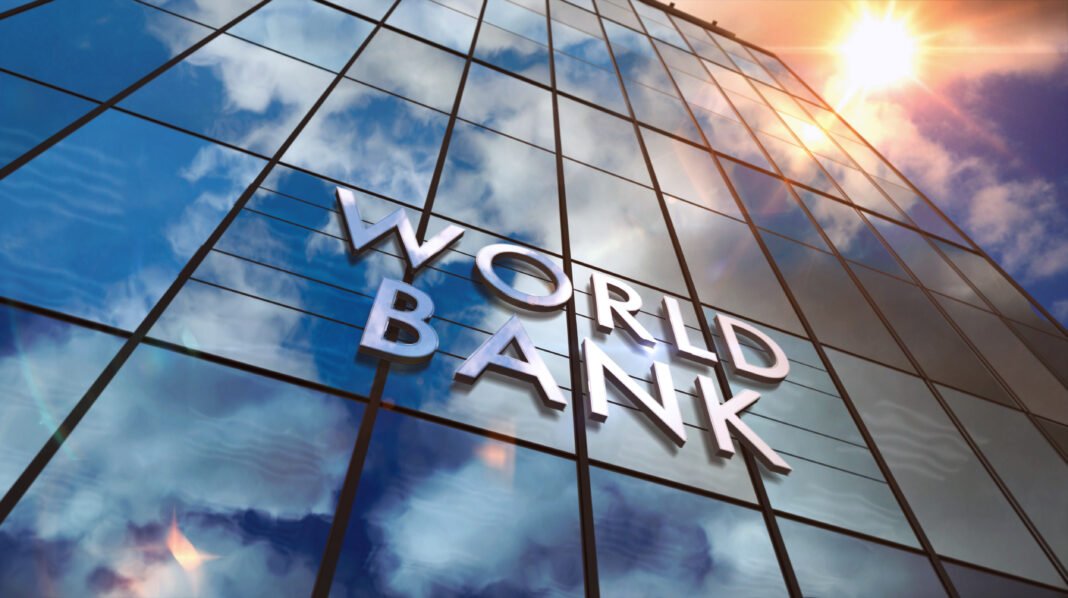The World Bank has launched a major effort to support regional recovery and reconstruction in the Middle East. This week, it approved over $1 billion for targeted infrastructure projects in Iraq and Syria.
First and foremost, Iraq received the largest share of the funding. The World Bank committed $930 million to modernize the country’s railways. This investment will directly link Umm Qasr Port in the south to Mosul in the north.
As a result, Iraq will experience faster freight movement, reduced trade costs, and new economic opportunities. Furthermore, the project will create jobs and improve transportation across the country.
In addition, the railway upgrade helps Iraq move away from its long-standing dependence on oil. The government aims to diversify the economy and strengthen trade. Therefore, investing in transportation infrastructure is a critical step forward.
According to officials, the plan supports Iraq’s broader shift from post-war reconstruction to long-term development. The World Bank believes strong infrastructure will unlock sustained economic growth. Moreover, better logistics could position Iraq as a regional trade hub.
Meanwhile, Syria also gained a notable share of funding through a $146 million grant. This money will help rebuild the country’s electricity grid. The Syria Electricity Emergency Project will fix transmission lines and substations.
Notably, Syria recently signed a separate energy deal with Qatari, Turkish, and U.S. firms. That plan aims to develop 5,000 megawatts of new power capacity. Together, these efforts reflect a wider push for economic recovery.
Although Lebanon also received World Bank funds, Iraq and Syria remain the central focus. Overall, the projects represent a coordinated move toward regional recovery and reconstruction.
The World Bank is using infrastructure investment to stabilize economies and rebuild war-damaged systems. Iraq’s railway modernization is a clear example of this strategy. Ultimately, these projects may lay the groundwork for lasting prosperity.





